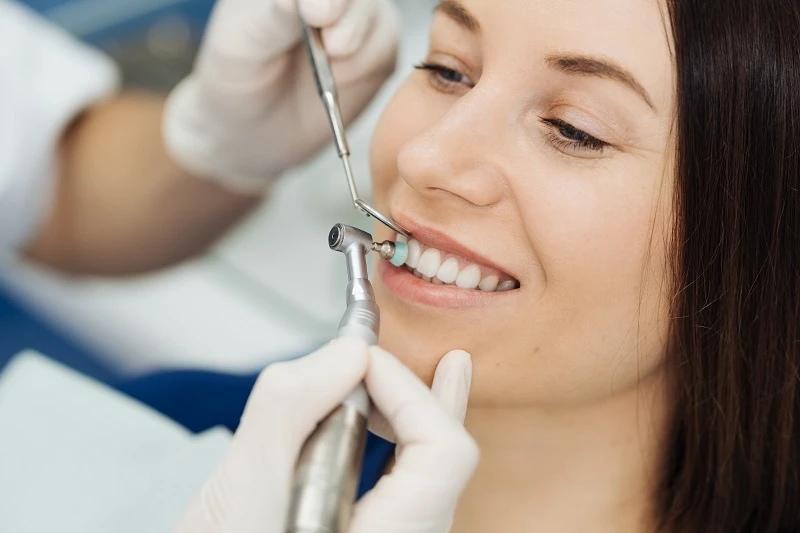Dental implants undoubtedly provide an effective and lasting solution for missing teeth. They are designed to mimic the natural structure of teeth, offering durability and functionality. However, dental implant failure can sometimes occur despite their high success rates.
Dental implants can be unsuccessful for a variety of reasons, according to our Plano Dental Implants specialist. Understanding the most common cause of implant failure is crucial to both patients and dentists.
Causes Of Early Dental Implant Failure-
Early dental implant failure refers to cases where the implant fails within the first few months after the surgery. Several factors can contribute to this type of failure, including –
1. Poor Osseointegration
Osseointegration is the process that describes the fusing of dental implants with the jawbone. If this integration does not occur properly, the implant may not be stable enough to support the prosthetic tooth. Poor osseointegration can result from insufficient bone density, smoking, uncontrolled diabetes, or certain medications.
2. Infection
Infections can significantly impact the success of dental implants. Bacterial infections can occur during or after implant surgery, jeopardizing healing. Patients with a history of periodontal disease or poor oral hygiene are at a higher risk of developing infections that can lead to implant failure.
3. Surgical Complications
Surgical complications, such as damage to surrounding tissues or nerves, inadequate implant placement, or improper technique, can lead to early implant failure.
It’s important to note that early implant failure is relatively uncommon, and most implants are successful. However, thorough patient evaluation, treatment planning, and adherence to proper surgical and maintaining oral hygiene are essential to minimize the risk of early implant failure.

Causes Of Late Dental Implant Failure
Late dental implant failure typically occurs months or even years after implant placement. Several factors can contribute to this type of failure, including –
1. Peri-Implantitis
It is a condition characterized by infection and inflammation around the implant site. It is like periodontal disease, affecting the tissues surrounding the implant. Poor oral hygiene, smoking, and certain medical conditions can increase the risk of developing peri-implantitis, ultimately leading to implant failure.
2. Overloading
Dental implants require a certain amount of time to heal and integrate with the jawbone. Excessive pressure on the implant during the healing process can disrupt the osseointegration, leading to late implant failure. This can occur due to teeth grinding (bruxism), chewing hard or sticky foods, or trauma to the implant area.
3. Bone Loss
The stability of dental implants relies on adequate bone support. However, bone loss can sometimes occur around the implant, compromising its stability. This can happen due to poor oral hygiene, periodontal disease, or systemic conditions that affect bone health.
Though dental implants are generally successful in the long term, proper oral hygiene, regular dental check-ups, and adherence to post-implant care instructions are essential for maintaining the health and longevity of dental implants.
Regain Teeth Functionality And Smile With High-Quality Dental Implants-
Pinnacle Dental understands the importance of both aesthetics and functionality. With our best dentist in Plano, you can regain the confidence to smile, speak, and eat without limitations.
Schedule your consultation with the Our experienced dentists to reclaim your beautiful smile.
